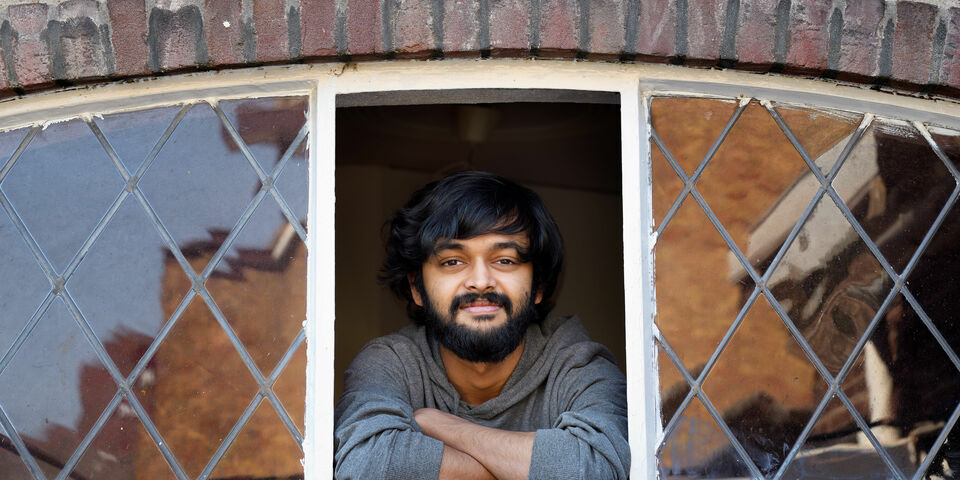Numbers
Like many, I too have been wondering about the year that has just been. In many ways, it was the year that wasn’t; with faded plans, rejected ambitions and a whirlwind of emotions being adjusted week to week. But in thinking back, one thing that was a constant was the especially outsized influence of numbers - cases, tests, deaths, vaccinations, employment - and how we used or misused them in this past year.
Just before the first lockdown, someone told me that the risk from COVID-19 was even lower than that of a fatal car crash. But road accidents aren’t contagious, and that comparison died down quickly. Then as things ground to a halt, came the tricky causal/correlational relationship between testing capacity and positive case rates. Are higher positive case numbers due to more testing? Many elements of that debate still linger in the public discourse, especially when comparing case rates at different times of the year since the capacity or political desire to test surged and dwindled from time to time.
A similar perversion has become true for understanding fatalities, for instance when comparing age-groups or different countries, as if a certain proportion of the populations has been relegated to being low-key expendable.
From the use of masks, social distancing, economic implications of lockdowns, each subject has challenged our understanding of numbers and how we process them. The latest is the possibly one-in-a-million degree of risk of developing an adverse reaction to one of the vaccines. But looking at the deluge of crises still to come, it will not be the last such issue.
It has made me dizzy at times. To be able to pick a position on a certain subject and discuss and debate it with friends and co-workers has over time become more and more difficult with the changing rhythm of the pandemic. But in the process, it has also shattered a few myths.
The first is that science is an unchanging monolith, whereas it obviously has a temporal element as better research improves our understanding of things. By extension, one’s opinion with the availability of better information should therefore also be accepted to change. Also, if this year taught us anything, it is that even though science may not be political itself, it can most certainly be used politically.
But if I am to have one takeaway, it is that numbers themselves are hardly a useful quantity to reason things; it is rather their relationships with the contexts that assigns them any virtue and meaning. And unfortunately, there is no easy way of understanding those settings other than the tiresome legwork of talking, reading or listening to a diverse set of qualified ideas and opinions, in order to shape one’s own unqualified one. Even that unqualified opinion may be still worth something on days like these.


Discussion